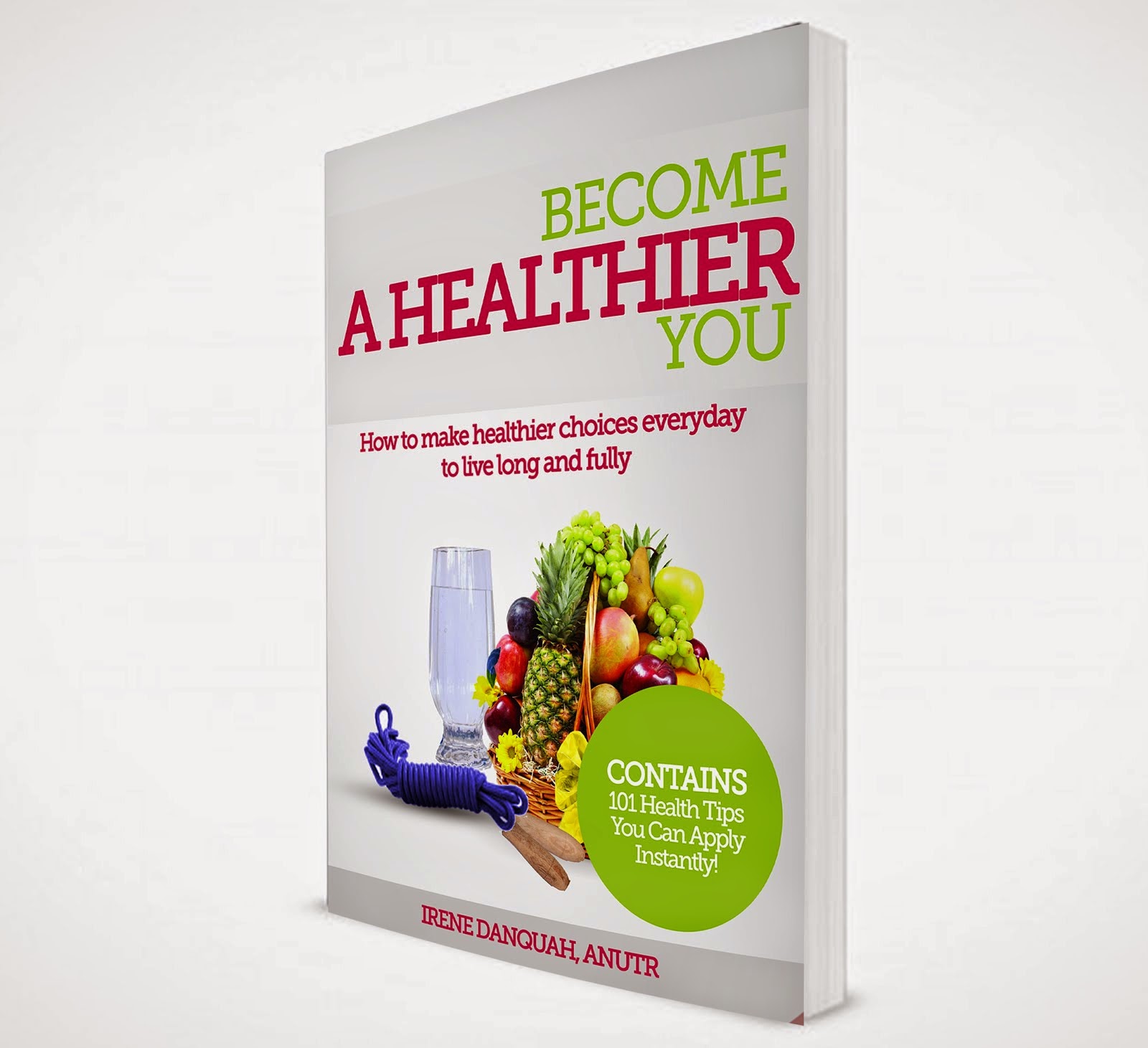Three things
can happen in every world cup game – Your team may win, lose or draw. Whatever
happens, these outcomes bring with them anxiety, excitement, headaches, or stress,
all of which may negatively affect your health. Here are tips to make sure you stay
healthy throughout the Brazil 2014 tournament.
Your
current state
Problem: If you are faint-hearted or have hypertension
(high blood pressure) and heart diseases, it is advisable that you do not watch
matches involving teams you support. The anxiety is likely to raise your blood
pressure and lead to serious implications.
Solution: a) Get busy and/or sleep during the
match and get the score line of the match later or b) simply record and watch it
later when you already know the scores.
Eating
habits
Problem: Stress, anxiety, loss and or win may
lead to an unhealthy increase or decrease in appetite for food. The increase in
appetite can be for comfort foods, which are mostly high in sugar, fat
and salt and/or eating more food than is needed. Whether it’s an unhealthy
increase or decrease in appetite for food, they all carry risks to health.
Solutions:
a) Do not stock your refrigerator or
stores with foods high in sugar, fat and salt like fizzy drinks, sweets, crisps
etc but rather with more fruits and vegetables. This will make you reach out
for a fruit or vegetable instead of sweets, crisps etc.
b) Eat before
your team plays. This way, you will have a good appetite and be able to check
the amount of food being consumed.
c) Get around
and talk with family and friends but make sure they are optimists:). This will help you to forget the
pain from the loss of a match and not to seek comfort from foods.
d) Be
conscious of the fact that eating habits might be affected by the tournament
and hence will require an extra effort to eat healthily.
Read more(fruity and vegetably healthy)
Physical
activity levels
Problem: With
at least three matches currently being played and telecasted each day
interspersed with match analysis making at least eight hours of non-stop
football, becoming sedentary is mostly likely to increase, affecting physical activity levels. That is, one is mostly likely to stay in the couch or bed or whatever it may be for close to eight hours. Sitting
and/or lying down for extended periods pose risks to health.
Solution: Whether you will watch all the
matches for the day or at least one a day, get up and get active (walk, dance
(i.e. if your team is winning), skip, press up or whatever activity works for you)
during the half-time breaks as well as the commercial breaks.
Read more: The little things that we do
Alcohol
consumption
Problem:Again stress, anxiety, loss and or win
may lead to a start of drinking alcohol and/or an unhealthy increase in alcohol
consumption, which poses risks to health.
Solution:Do not stock your refrigerator or
stores with alcoholic beverages. Get more tips on using alcohol safely
Sleeping
habits
Problem: Sleeping habits are most likely
going to be affected due the fact that a) matches may be played in timezone
different from yours and/or b) the desire to enjoy every single match.
Solution: For an adult, between 7 – 8 hours of
sleep is required so take a nap before the match or record and watch a repeat telecast.
Smoking
Problem:
Again strees and anxiety may lead to picking up smoking habits. Also depending
on the anti-smoking regulations in your country, you might risk coming into
contact with tobacco smoke-filled environment.
Solution: a)
The healthy lifestyle guideline for smoking is no smoking. If you do,
seek professional help from a health centre.
b) Avoid
places, where smoking takes place as secondary smoking also poses risk
Things to remember
Do
not drink and drive or drive and drink or both.
It
takes 3 weeks to develop a habit (good or bad), the world cup is a month long.
Let it end with developing a good habit.
Your
team has a health practitioner to make sure players are staying healthy, so why don't you also stay healthy :)?
Any
time your team is playing, they are keeping active. Why don’t you also keep
active :)?
May the team that wants it most win the World Cup!
You might
also like










